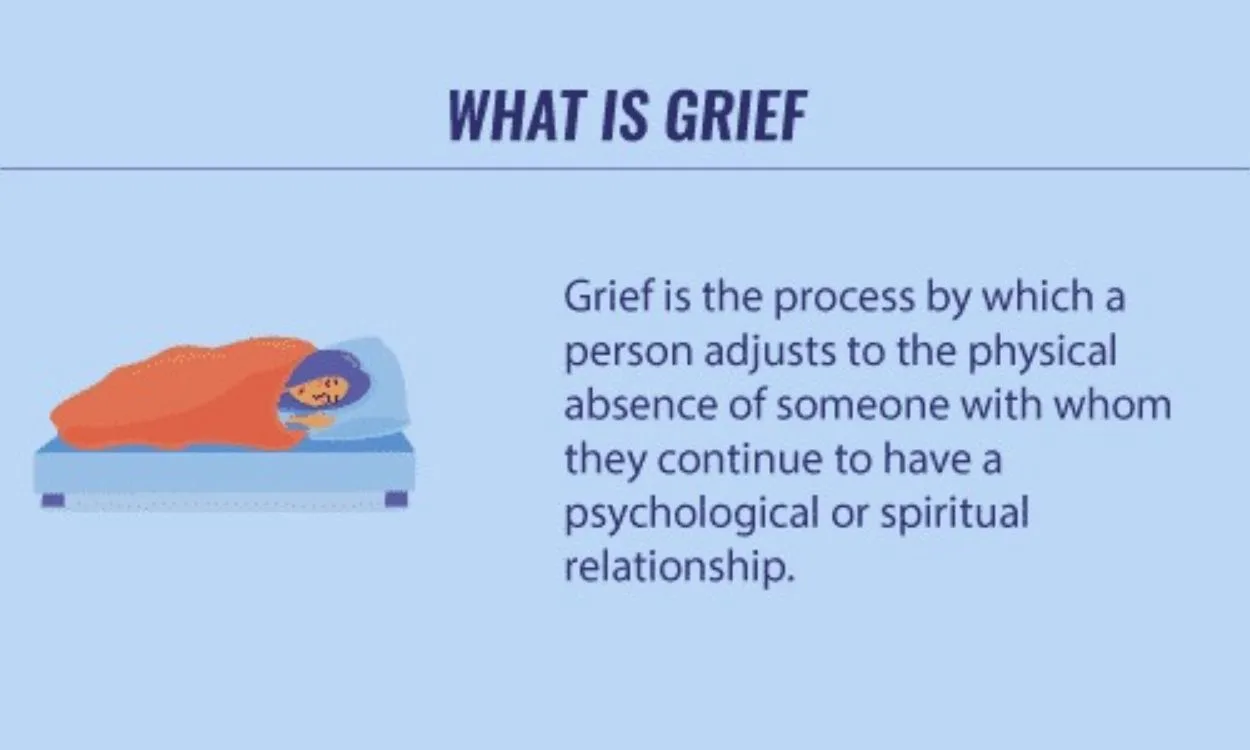How Does Grief Affect Mental Health?
Grief is a natural response to loss, and it can have profound effects on a person’s mental health. The experience of losing a loved one is incredibly painful and can lead to a wide range of emotions and challenges. In this blog, we will explore how grief affects mental health and discuss ways to cope with this difficult process.
The Impact of Grief on Mental Health
- Emotional Rollercoaster: Grief often brings about intense emotions such as sadness, anger, guilt, and despair. These emotions can fluctuate and may be overwhelming at times.
- Cognitive Effects: Grieving individuals may experience difficulties with concentration, memory, decision-making, and problem-solving. The ability to focus and think clearly may be impaired.
- Physical Symptoms: Grief can manifest in physical symptoms such as fatigue, insomnia, appetite changes, and lowered immunity. These physical manifestations can further aggravate mental health issues.
- Social Isolation: Grief can lead to feelings of isolation and withdrawal from social activities. The person may struggle to engage in conversations or maintain relationships due to their grief.
- Increased Vulnerability to Mental Health Disorders: Prolonged or complicated grief can increase the risk of developing mental health disorders such as depression, anxiety, and post-traumatic stress disorder (PTSD).
Coping Strategies for Grief
- Acknowledge and Express Feelings: It is essential to allow yourself to feel and express your emotions. Talk to trusted friends or family members, join support groups, or consider seeking professional help to process your feelings.
- Self-Care: Take care of your physical and emotional well-being by engaging in activities that bring you comfort and joy. Practice relaxation techniques, maintain a healthy lifestyle, and get enough rest.
- Seek Support: Reach out to your support network and let them know how they can help you. Accept help and seek professional support if needed. Therapists, counselors, or support groups can provide guidance and validation during this challenging time.
- Create Rituals: Establishing rituals or memorializing your loved one in a way that feels meaningful to you can help facilitate the grieving process. This may include creating a memory box, writing letters, or participating in remembrance activities.
- Practice Self-Compassion: Be gentle with yourself and practice self-compassion. Allow yourself to grieve at your own pace and understand that healing is a gradual process.
Introducing Fitpaa: Your Companion for Mental Health and Wellness
While grieving is a deeply personal experience, having tools and support to navigate through it can be beneficial. Fitpaa, a leading health and wellness app, can provide valuable resources to support your mental health during the grieving process. Here’s how Fitpaa can help:
- Mental Health Trackers: Fitpaa offers features to monitor and track your mental well-being, allowing you to assess your emotional state and identify patterns and triggers.
- Guided Meditation and Relaxation Techniques: Fitpaa provides guided meditation and relaxation exercises to help calm your mind, reduce stress, and promote better sleep.
- Supportive Community: Connect with a community of individuals who have experienced loss and grief. Share your experiences, gain support, and find solace in knowing you are not alone.
- Personalized Wellness Plans: Fitpaa creates personalized wellness plans, including nutrition guidance, exercise programs, and sleep schedules, to support your overall well-being during the grieving process.
- Professional Support: Fitpaa offers access to licensed therapists and mental health professionals who can provide expert guidance and support as you cope with grief.
Remember, grief is a complex and individual journey, and there is no right or wrong way to grieve. Take the time you need, seek support when necessary, and remember that healing is possible.
To embark on your mental health and wellness journey with Fitpaa, download the Fitpaa app now and start your free trial. Fitpaa is dedicated to helping you achieve holistic well-being, and we are here to support you every step of the way.









